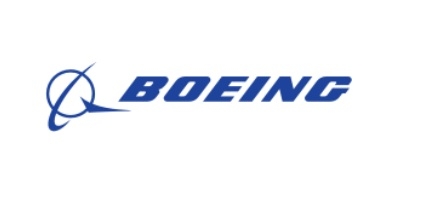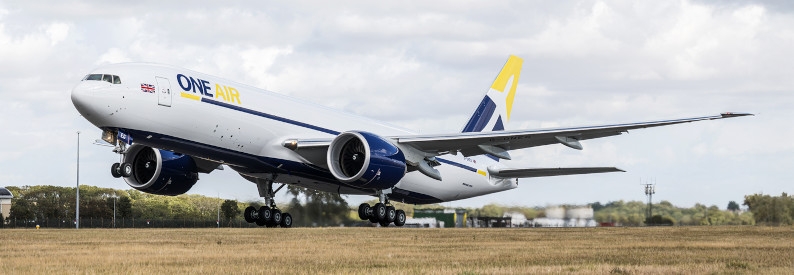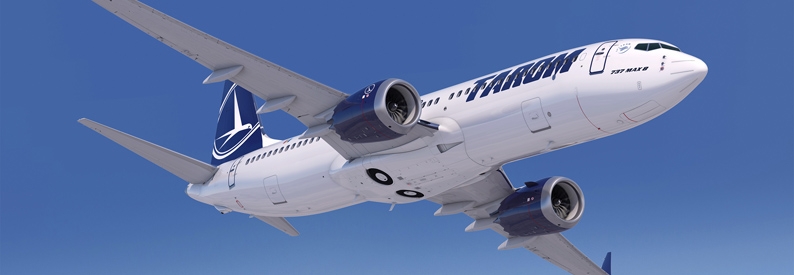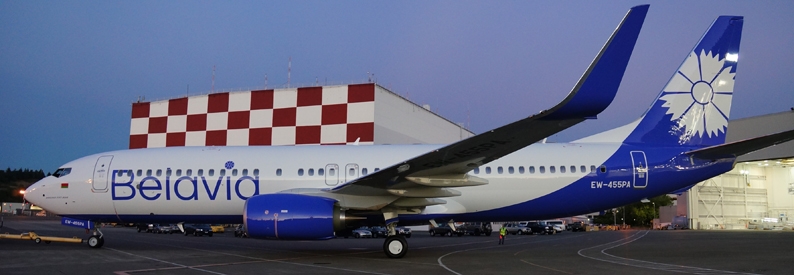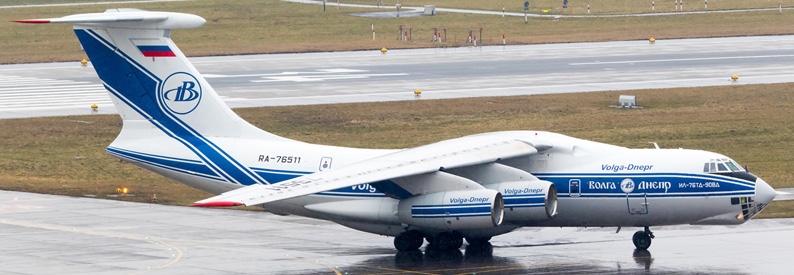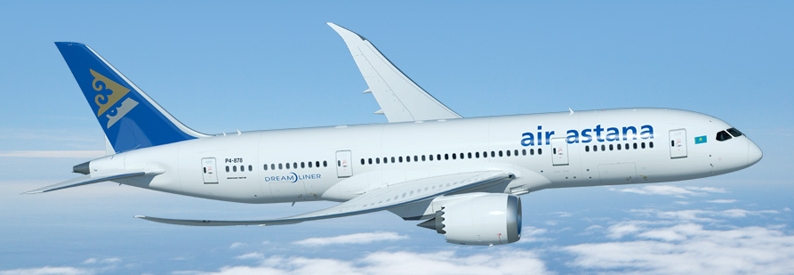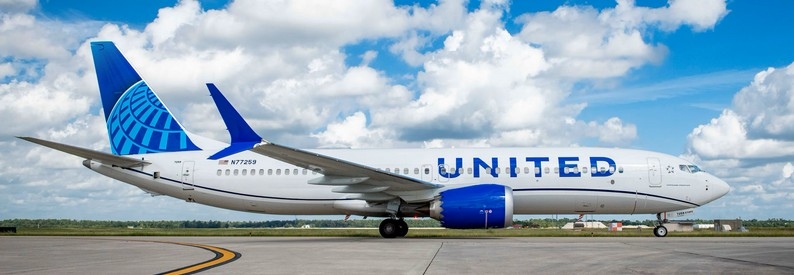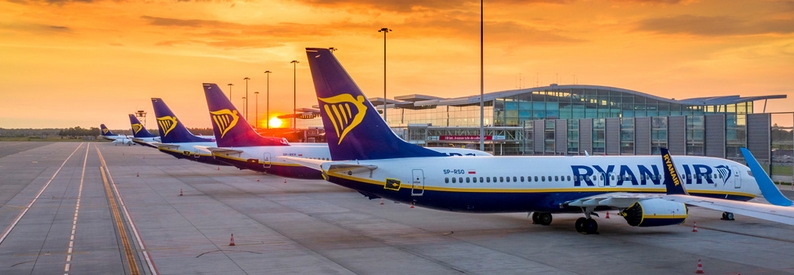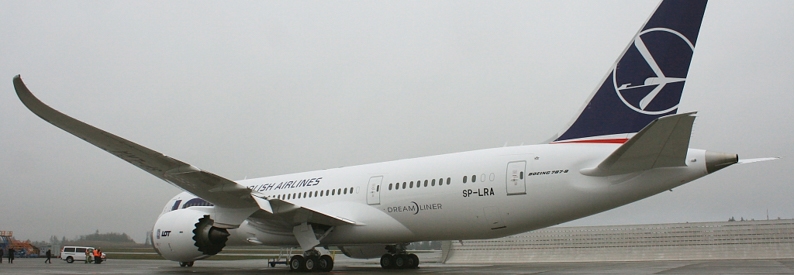Boeing (BOE, Washington National) is looking to start discussions shortly with the United States Federal Aviation Administration (FAA) about a potential increase to the monthly production rate of the B737 MAX, as it aims to go from 38 per month to 42 at most, according to Kelly Ortberg, president and chief executive officer.
“On the MAX, we are at the 38-per-month rate. And we are stabilising right now. I expect to be going to the FAA soon,” he said during a second quarter investors’ call, adding that the rate increases will go in increments of five no earlier than every six months.
“That doesn’t mean it is in six months; it is no earlier than six months. We will continue to do what we are doing right now as we go to the new rate, ensure we are stable and can prove that the production system has the right metrics before we go request an increase in rate. And if they are not, then we will stay at that rate until we get the stability to where we want it,” Ortberg explained.
However, the rate increase timeline was met with scepticism, as Boeing has had intervals closer to nine to twelve months in its previous rate increases.
Addressing these concerns, Ortberg said Boeing is confident in its plans. It will establish a fourth production line at Everett exclusively for the B737-10 type, allowing the other three lines in Renton to flow faster (although the “natural flow [of the -10] through the factory [will be] at a slower pace,” he added).
Furthermore, Boeing’s supply chain issues have been solved, at least for now, Ortberg said. “We’ve got a tremendous amount of inventory in place. So, I think in the near-term, as we ramp the MAX up, supply chain is not going to be a challenge for us because of the inventory levels,” the CEO explained.
In June, the FAA’s deputy administrator Chris Rocheleau said that the agency was not yet considering lifting the production cap, which was placed to ensure the manufacturer’s adherence to all standards after Alaska Airlines’ mid-air incident involving a B737-9 in January 2024. In July, Reuters reported that the FAA intends to inspect Boeing’s supply chains before lifting the production cap.
During the investors’ call, Boeing also confirmed that the certification process for the B737-7 and B737-10 types had been pushed back to 2026 at least, due to a delay in the finalised design addressing a safety issue with the engine anti-ice (EAI) system.
Regarding the B777X family, Ortberg said the flight testing activities with the FAA continue to progress, “and we remain focused on the work ahead to deliver the airplane next year.”
